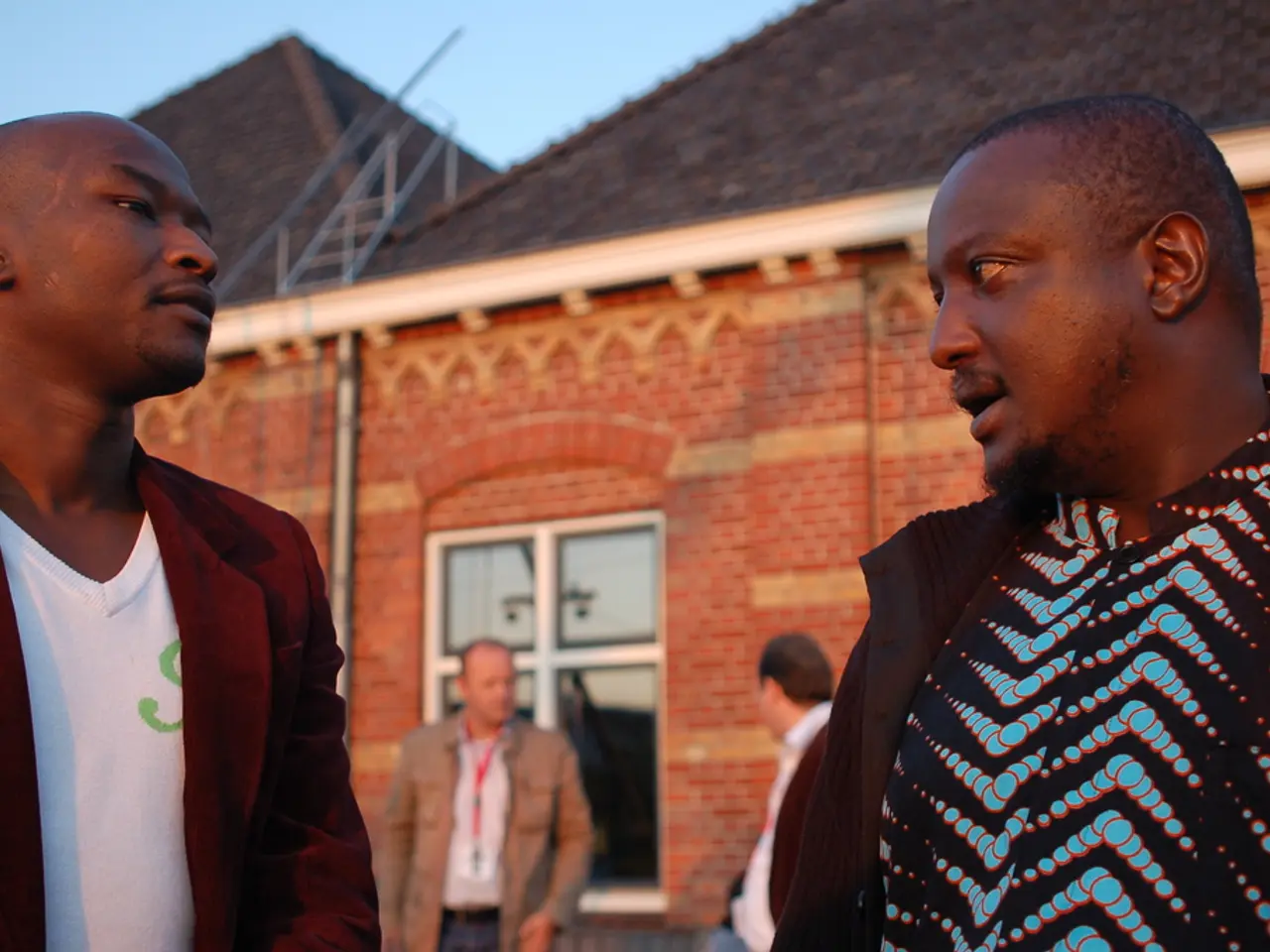Funding Halts for African Startups as Trump Initiates USAID Shutdown
In the heart of Africa's burgeoning startup scene, Kenya, often referred to as "Silicon Savannah," the growth of innovative businesses has been significantly influenced by development agencies such as USAID. However, a recent shift in U.S. foreign policy has cast a shadow over the future of these startups.
On January 20, 2025, President Trump's Executive Order 14169 instigated a 90-day freeze on U.S. foreign development assistance, including USAID's work in Africa. This freeze escalated into the termination of a vast majority of USAID programs, including those supporting health, education, humanitarian aid, governance, and development. The sudden funding cuts caused severe disruptions to African economies and social sectors, with particularly harsh effects on startup ecosystems reliant on these funds for growth and innovation.
In Kenya, climate technology startups, such as BasiGo, Maisha Meds, and SolarGen Technologies, have been particularly hard hit. These startups frequently rely on USAID grants and contracts, and the freeze triggered immediate liquidity crises. Many faced layoffs and operational shutdowns due to the abrupt loss of anticipated revenue from USAID-supported programs.
The dismantling of USAID also created global confusion and fear among recipients about the permanence of aid reductions, further freezing ongoing development and climate tech projects. Despite some efforts by U.S. officials to exempt strictly life-saving emergency programs, the broader development and innovation funding was largely halted, delaying progress on climate tech initiatives at a critical time.
The African startup ecosystem is undergoing a shift towards climate tech, a sector that has garnered increasing interest from impact investors. Climate tech startups are potential targets for funding, given the shift in venture capital focus in Africa. However, the halted aid, including a significant source of non-dilutive funding for African startups, could potentially threaten the growth of climate tech startups, as they have been an essential funding source for many African startups.
One such example is the Kenyan startup, Pula Advisors, which received a $1.5 million USAID grant in 2023. The International Development Finance Corporation (DFC) has also provided grants and loans to African startups, with M-KOPA and Twiga Foods benefiting from DFC debt financing. Ilara Health received a $1 million loan from DFC in January to enhance its diagnostic platform. Over the past decade, USAID's Development Innovation Ventures (DIV) invested more than $100 million in Kenyan startups, with grants ranging from $500,000 to $6 million.
The potential shutdown of the DFC could also impact funding for climate tech startups in Africa. The President's executive order has halted critical aid to vulnerable populations globally, including those relying on USAID funding for their survival and growth. This action represents a significant shift away from decades of U.S. foreign assistance aimed at development and climate resilience in Africa.
As the world grapples with climate change and the need for innovative solutions, it is crucial to consider the impact of political decisions on the growth and development of startups in Africa. The disruption caused by President Trump's executive order serves as a stark reminder of the importance of stable and consistent funding for the growth and success of Africa's climate tech startups.
References:
- The Guardian
- Devex
- Quartz Africa
- Bloomberg
- Reuters
- TechCrunch
In the aftermath of President Trump's Executive Order 14169, climate tech startups in Kenya, such as BasiGo, Maisha Meds, SolarGen Technologies, and Pula Advisors, are experiencing significant financial obstacles due to the sudden halt in USAID funding. The potential termination of the International Development Finance Corporation (DFC) could further impede the growth of these startups, as they have relied heavily on both USAID grants and DFC funds for innovation and expansion.
The unpredictability caused by the aid reductions and the potential shutdown of the DFC have global ramifications for climate tech startups, particularly those in Africa, that are now facing a critical lack of funding sources to support their growth and development in the face of climate change.




